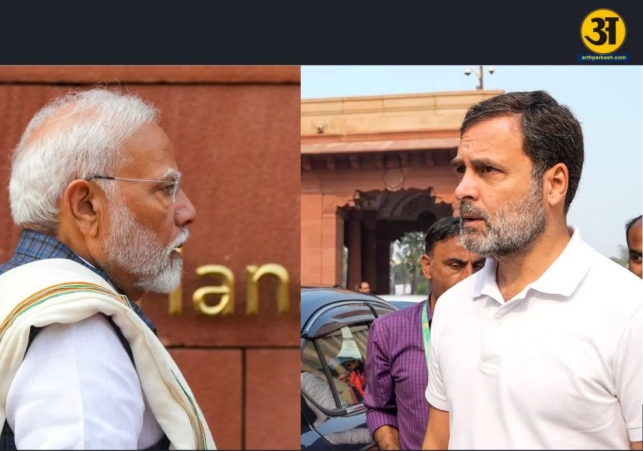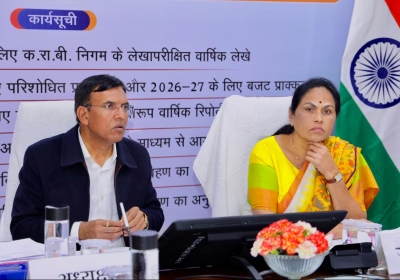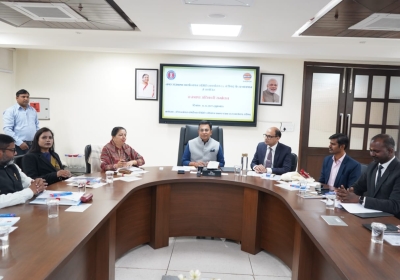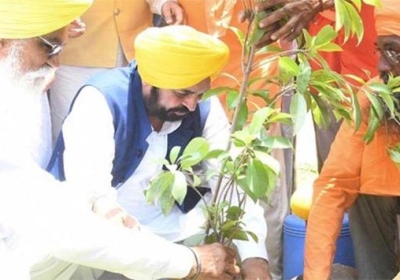
Govt, Opposition clash on Constitution Day speakers
Government and Opposition clash over Speakers List for Constitution Day event
As India celebrates 75 years since adopting its Constitution, tensions rose between the government and the Opposition over the list of speakers for a special event in Parliament. President Droupadi Murmu is set to address a joint session of both Houses in the Central Hall of the old Parliament building, now known as Samvidhan Sadan. However, leaders from the Opposition's INDIA bloc have written to Lok Sabha Speaker Om Birla, urging that Leaders of Opposition (LoPs) in both Houses be allowed to speak during the event.
The letter emphasized the importance of including Opposition voices on this historic occasion, stating it aligns with the spirit of Parliamentary democracy. The INDIA bloc argued that speeches by the President, Vice President, and Prime Minister should not overshadow the representation of Opposition leaders in this momentous commemoration.
ALSO READ: Lok Sabha members to use digital pens on electronic tabs for Winter Session attendance
ALSO READ: Supreme Court to deliver verdict on validity of 'Socialist' and 'Secular' in Preamble
Government's response and event schedule
Parliamentary Affairs Minister Kiren Rijiju dismissed the Opposition’s concerns, clarifying that Prime Minister Narendra Modi would not be speaking at the event. Rijiju criticized the Opposition for reacting without understanding the actual arrangements. According to the event’s schedule, the Lok Sabha Speaker will deliver the welcome address, followed by speeches from Vice President Jagdeep Dhankhar and President Murmu.
The celebration will also feature the release of a commemorative coin, a stamp, and three books on the Constitution. Prime Minister Modi described the winter session of Parliament as significant, marking the 75-year journey of India's foundational document.
The Opposition’s demands highlight an ongoing debate about inclusivity and representation in democratic processes. As the event unfolds, it underscores the complexities of balancing tradition, protocol, and political dynamics in such landmark celebrations.





